Thymus praecox is a low-growing perennial with fairly minimal requirements. An evergreen with lightly haired foliage, this tiny-growing creeping thyme varietal — rarely over 3 inches or 7.5 cm. — will appear in low, dense mats, which sprawl randomly and quickly fill in areas as a ground cover. Creeping thyme is edible with a flavor and aroma akin to mint when crushed or steeped for teas or tinctures. Although this ground cover prefers well-drained lightly textured soils, it will grow quite well in less than desirable medium and thrive from full sun to light shade environments.
Description from gardeningknowhow.com
Home > Plant Guide >
Scientific Name
Family
Garden Type
Wildlife
Native Plant Region
Light needs
Water Needs
Plant Type
Bloom Color(s)
Height
Width
Months in Bloom
Safe Beneath Power Lines?
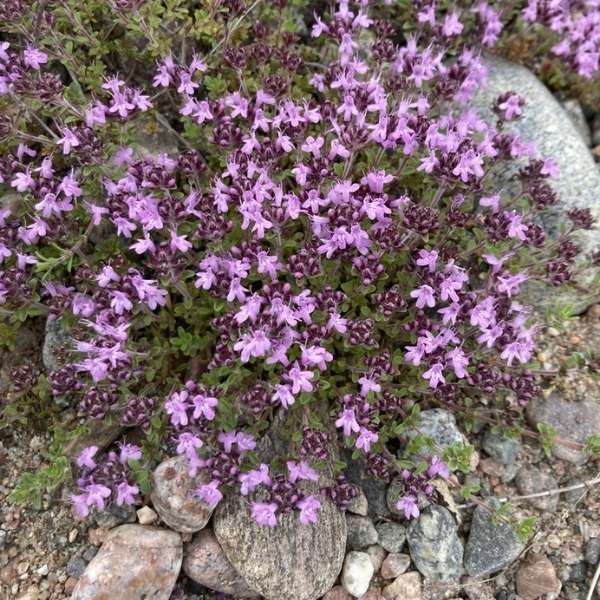
We’d like to maintain accurate and robust plant listings. If you see information that is not correct or that could be added to improve the listing, please let us know. Or if you’d like to suggest a plant to add to our plant guide, you can use this form do so. Thank you!
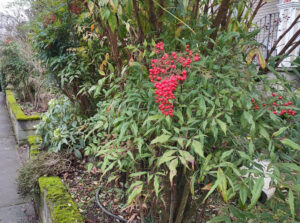
Some introduced plant species can diminish biodiversity. Other plants produce poisons that can harm wildlife. Learn what plants to avoid when figuring out what to plant or remove in your outdoor space.
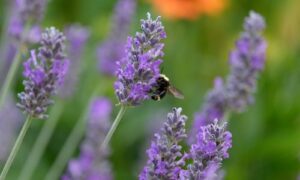
Check out our list of local wildlife-supporting plant stores and nurseries, organizations, and community science opportunities.

Take a virtual tour of Capitol hill with naturalist and author David B. Williams and gain a new appreciation of the nature of the city and its wild side.
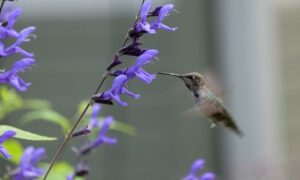
Protecting the trees and other vegetation that what we currently have is perhaps the most important way to ensure biodiversity in cities.
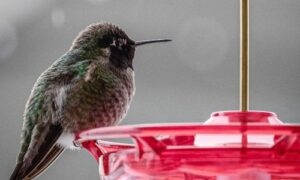
The urban environment presents dangers to wildlife that they are not always adapted to overcome. Reducing urban hazards is an essential part of enhancing habitat in cities. After all, we do not want to lure wildlife into our neighborhoods only to have them fatally collide with our windows.
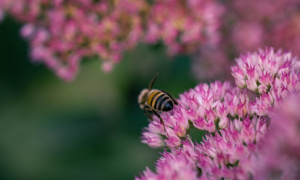
This workshop will guide you through the process and materials needed to help you decide if Mason Bees are right for you and your garden, whether you have a small deck or an open garden.
Nature of Your Neighborhood is a collaboration between Birds Connect Seattle, the Capitol Hill EcoDistrict, and the Seattle Bird Conservation Partnership. Our goal is to foster relationships between the people and the nature of their neighborhoods.